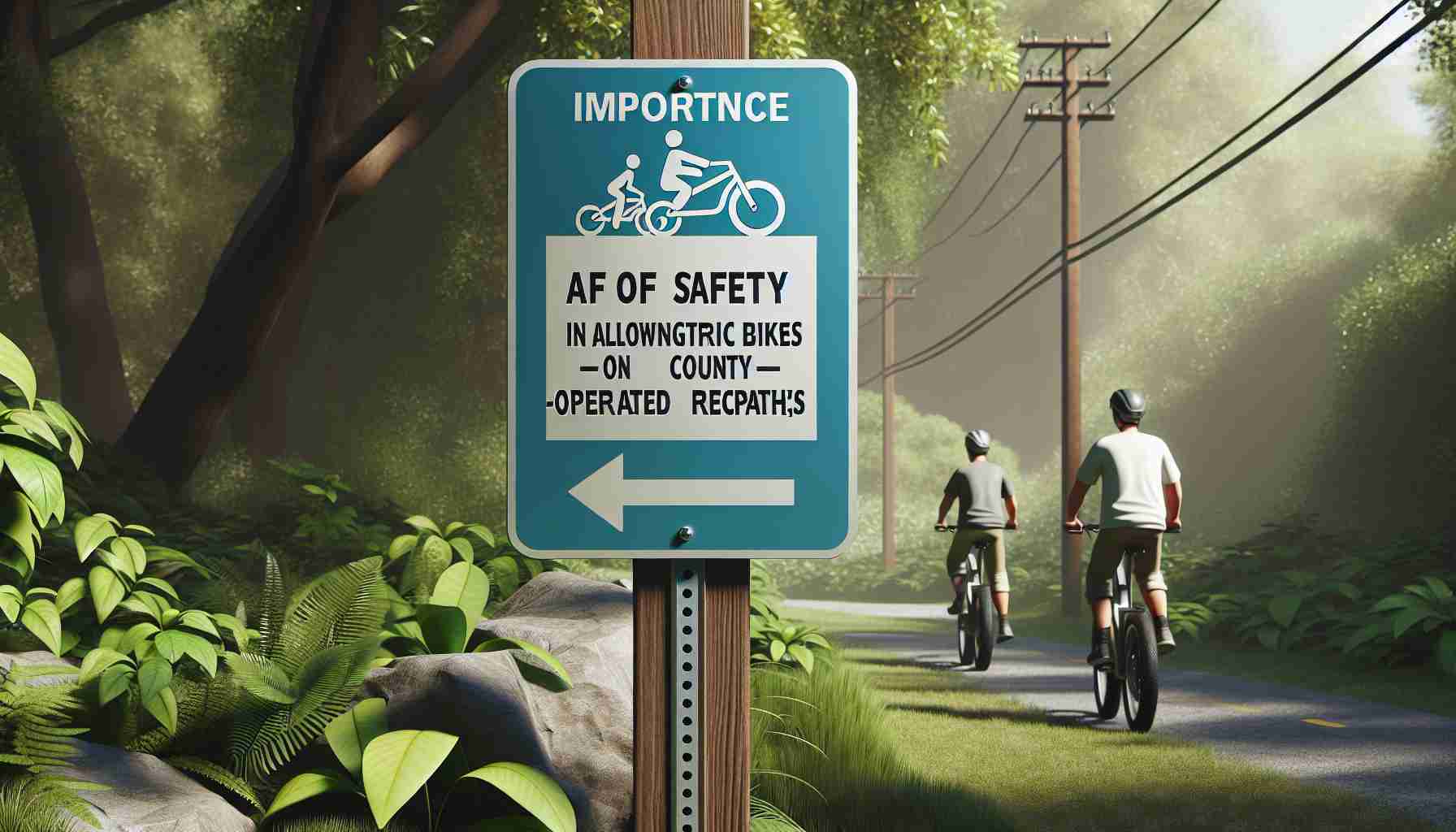Electric bikes, or e-bikes, have emerged as a popular and eco-friendly mode of transportation in recent years. The global e-bike market is projected to reach a value of $38.6 billion by 2025, driven by factors such as urbanization, rising fuel prices, and environmental concerns. However, as the industry continues to grow, several challenges and considerations need to be addressed.
1. Regulatory Framework
One of the main challenges facing the e-bike industry is the lack of uniform regulations governing their usage. Different jurisdictions have different laws regarding e-bike classification, speed limits, and where they can be ridden. This inconsistency can lead to confusion and potential safety risks. Clear and standardized regulations are essential to ensure the safe and responsible use of e-bikes.
2. Infrastructure Development
To support the increasing number of e-bikes on the roads, proper infrastructure is crucial. This includes dedicated bike lanes, bike parking facilities, and charging stations. Without adequate infrastructure, e-bike riders may face difficulties in finding safe and convenient routes, as well as places to park and charge their bikes. Local authorities and urban planners need to prioritize the development of e-bike-friendly infrastructure.
3. Safety Measures
Safety is a paramount concern for e-bike riders and other road users. E-bikes have higher speeds and increased weight compared to traditional bicycles, which can pose unique risks. Manufacturers should prioritize safety features, such as reliable brakes, lights, and reflective materials. Additionally, proper education and training for e-bike riders are essential to ensure they understand the rules of the road and how to operate their bikes safely.
4. Consumer Education
As the popularity of e-bikes grows, it is important to educate consumers about their proper usage. Many e-bike riders may be unfamiliar with traffic laws, bike etiquette, and safety precautions. Comprehensive education programs can help raise awareness and ensure that e-bike riders are responsible and considerate on the roads.
FAQs
Q: What is an e-bike?
A: An e-bike is a bicycle that is equipped with an electric motor to assist with pedaling. They offer a convenient and eco-friendly mode of transportation.
Q: What are the benefits of e-bikes?
A: E-bikes provide a cost-effective and sustainable mode of transportation. They are ideal for short to medium distance trips and appeal to a wide range of consumers.
Q: Are there specific regulations for e-bikes?
A: Regulations for e-bikes vary by jurisdiction. They can include classification criteria, speed limits, and restrictions on where e-bikes can be ridden.
For more information about e-bikes and related topics, you can visit Electric Bike (www.electricbike.com) and E-Bicycles (www.ebicycles.com). These websites provide comprehensive news, reviews, resources, and buying guides for e-bike enthusiasts.
In Conclusion
The rise of the e-bike industry presents exciting opportunities for sustainable and efficient transportation. However, it is essential to address the challenges related to regulations, infrastructure, and safety. By establishing clear rules, developing e-bike-friendly infrastructure, and promoting education, the e-bike industry can continue to thrive while ensuring the well-being and safety of riders and other road users.























